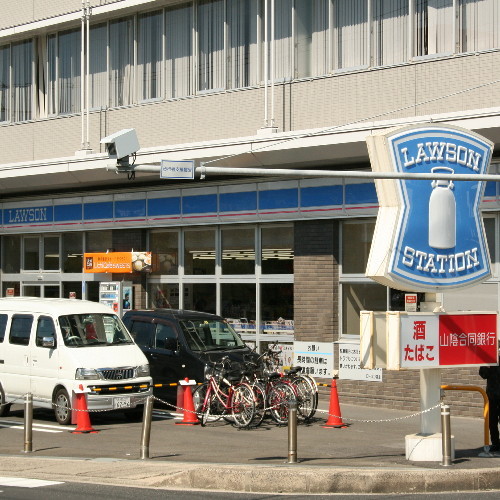

The sisters worried about Sōseki's incipient paranoia and successfully urged him to get out more and take up cycling.ĭespite his poverty, loneliness, and mental torment, he consolidated his knowledge of English literature during this period and returned to the Empire of Japan in January 1903. The Leales were a Channel Island family, and Priscilla had been born in France. Craig), and who also spoke fluent French, much to his admiration. He got along well with Priscilla, who shared his love of literature, notably Shakespeare and Milton (his tutor at UCL was the Shakespeare scholar W. Among English gentlemen I lived in misery, like a poor dog that had strayed among a pack of wolves. The two years I spent in London were the most unpleasant years in my life. Five years later, in his preface to Bungakuron ( The Criticism of Literature), he wrote about the period: Only the last of these addresses, where he lodged with Priscilla Leale and her sister Elizabeth, proved satisfactory. He lived in four different lodgings: 76 Gower Street, near the British Museum 85 Priory Road, West Hampstead 6 Flodden Road, Camberwell and 81 The Chase, Clapham (see the photograph). He also visited Pitlochry in Scotland, where he lodged with John Henry Dixon at the Dundarach Hotel. He had a miserable time in London, spending most of his days indoors buried in books, and his friends feared that he might be losing his mind. He studied instead at University College London (UCL). He visited Cambridge and stayed a night there, but gave up the idea of studying at the university because he could not afford it on his government scholarship. In 1900, the Japanese government sent Sōseki to study in Great Britain as "Japan's first Japanese English literary scholar". Natsume Sōseki's lodgings in Clapham, South London Sōseki graduated in 1893, and enrolled for some time as a graduate student and part-time teacher at the Tokyo Normal School. In 1891 he produced a partial English translation of the classical work Hōjōki upon request by his then English literature professor James Main Dixon. In 1890, he entered the English Literature department, and quickly mastered the English language. From this point on, he began signing his poems with the epithet Sōseki, a Chinese idiom meaning "stubborn". Shiki tutored him in the art of composing haiku. In 1887, Sōseki met Masaoka Shiki, a friend who would give him encouragement on the path to becoming a writer, which would ultimately be his career.

Although he preferred Chinese classics, he started studying English at that time, feeling that it might prove useful to him in his future career, as English was a necessity in Japanese college. However, his family disapproved strongly of this course of action, and when Sōseki entered the Tokyo Imperial University in September 1884, it was with the intention of becoming an architect. His desire to become an author arose when he was about fifteen when he told his older brother about his interest in literature. Sōseki attended the First Tokyo Middle School (now Hibiya High School), where he became deeply enamored with Chinese literature, and fancied that he might someday become a writer.

His mother died when he was fourteen, and his two eldest brothers died in 1887, intensifying his sense of insecurity. He returned to his biological family and was welcomed by his mother although regarded as a nuisance by his father. A childless couple, Shiobara Masanosuke and his wife, adopted him in 1868 and raised him until the age of nine, when the couple divorced. Having five children and a toddler had created family insecurity and was in some ways a disgrace to the Natsume family. When he was born, he already had five siblings. Sōseki began his life as an unwanted child, born to his mother late in her life, forty years old and his father then fifty-three. He was a descendant of Natsume Yoshinobu, a Sengoku period samurai and retainer of Tokugawa Ieyasu. His father, a powerful and wealthy nanushi, owned all land from Ushigome to Takadanobaba in Edo and handled most civil lawsuits at his doorstep. Natsume Kin'nosuke was born on 9 February 1867 in the town of Babashita, Ushigome, Edo (present Kikui, Shinjuku, Tokyo), the fifth son of village head ( nanushi) Natsume Kohē Naokatsu and his wife Chie.


 0 kommentar(er)
0 kommentar(er)
